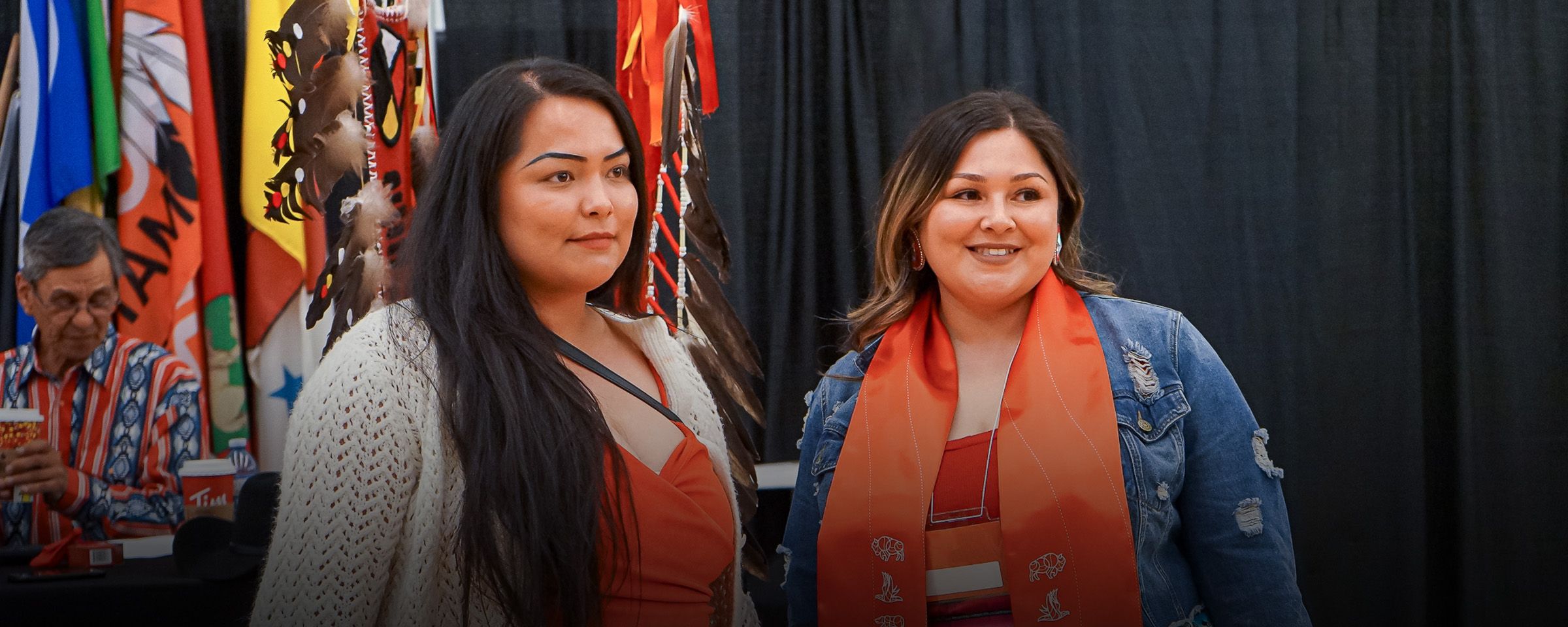Meet-and-Greet with the Knowledge Keepers Council – November 16
This past September, the Knowledge Keepers Council reconvened to advise on initiatives at the College related to Truth and Reconciliation. The Knowledge Keepers Council has provided many different areas of the College with cultural and strategic direction based on traditional and scholarly perspectives of ethics, concepts, and practices of reconciliation.
The College community is invited to a come-and-go Meet-and-Greet with the Knowledge Keepers Council on Thursday, November 16, in E155 at Manitou a bi Bii daziigae from 2pm to 4pm at the Exchange District Campus. You’re welcome to drop by between to introduce yourself and get to know the Knowledge Keepers over a cup of coffee and snacks.
We’re proud to work with respected Elders and Knowledge Keepers from a wide range of communities with diverse experiences. The insight they have provided to the College has made our approach to Truth and Reconciliation stronger, and we look forward to a long and enriching relationship based on the spirit of reciprocity and respect.
The Knowledge Keepers Council is interdepartmentally sponsored through Truth and Reconciliation and Community Engagement, Human Resources, the School of Indigenous Education, and Indigenous Strategy, Research and Business Development.
Thursday, November 16
2pm – 4pm
E155, Manitou a bi Bii daziigae, Exchange District Campus
Meet the Knowledge Keepers Council
Paul Guimond
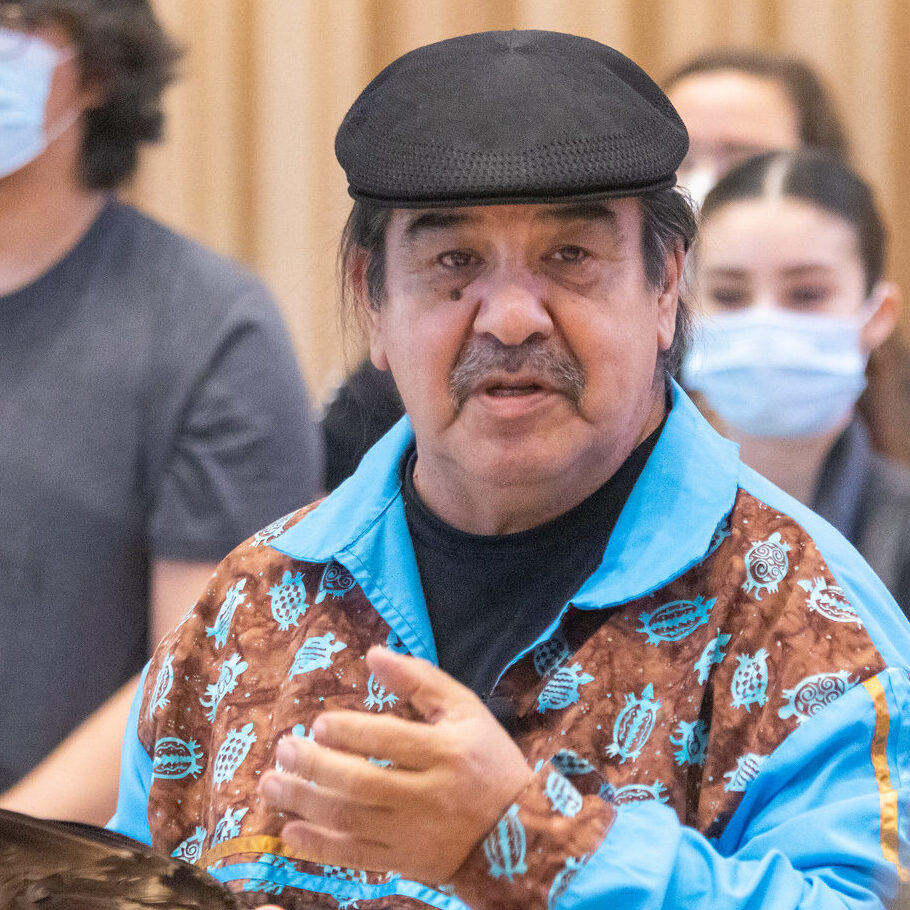
Paul Guimond is part of the Turtle Clan and his Spirit Name is Okonace (Little Eagle Bone). He lives with his wife Kim in Sagkeeng First Nation and together they have three children, 16 grandchildren and four great-grandchildren.
Elder Paul studied Counselling Skills at the University of Manitoba and is a certified coach in hockey, baseball and lacrosse.
In Sagkeeng, Elder Paul sat on Chief & Council for 20 years and served as the School Board Chairman for ten years. Elder Paul is a Sundance Bundle Carrier (Chief), Sweat Lodge Bundle Carrier (Water drum) and Dark Room Bundle Carrier. He is an active Elder with Addictions Foundation of Manitoba and Sagkeeng Child & Family Services, where he offers healing, guidance in spiritual growth and personal development through ceremony, programming and encouraging healthy relationships.
Elder Paul joined the Elder-in-Residence Program at Red River College Polytechnic in 2018.
Richard Curé
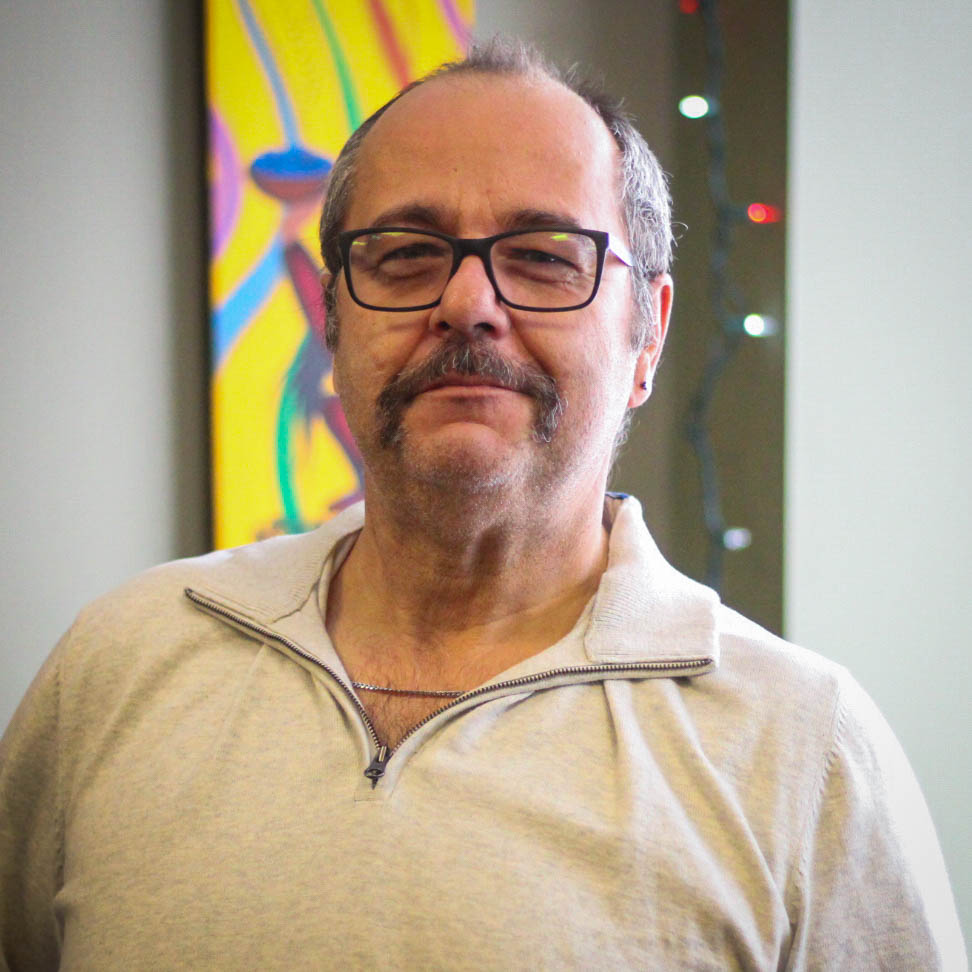
Richard is part of the Sturgeon Clan and his Spirit Name is Mashkode – Bizhiki (Buffalo Man). He is Métis and discovered the Red Road after becoming a foster parent with Sagkeeng Child and Family Services. Uncovering his Indigeneity and attending Sweat Lodges and Sundances helped Richard overcome personal adversities, such as the workplace injury that prevented him from continuing his career in mining.
For the last three years, Richard has been a Knowledge Keeper with Sagkeeng Anicinabe High School in Sagkeeng First Nation. He takes youth out onto the land picking medicine and collecting grandfathers (sacred stones for Sweat Lodges), firewood, and tiipii poles. He and his wife Tammy have four children and four grandchildren. Richard facilitates workshops like medicine picking, hand drum building, and Sweat Lodges with multiple organizations, including Ma Mawi Wi Chi Itata Center, Sagkeeng Child and Family Services and RRC Polytech.
Allen Sutherland
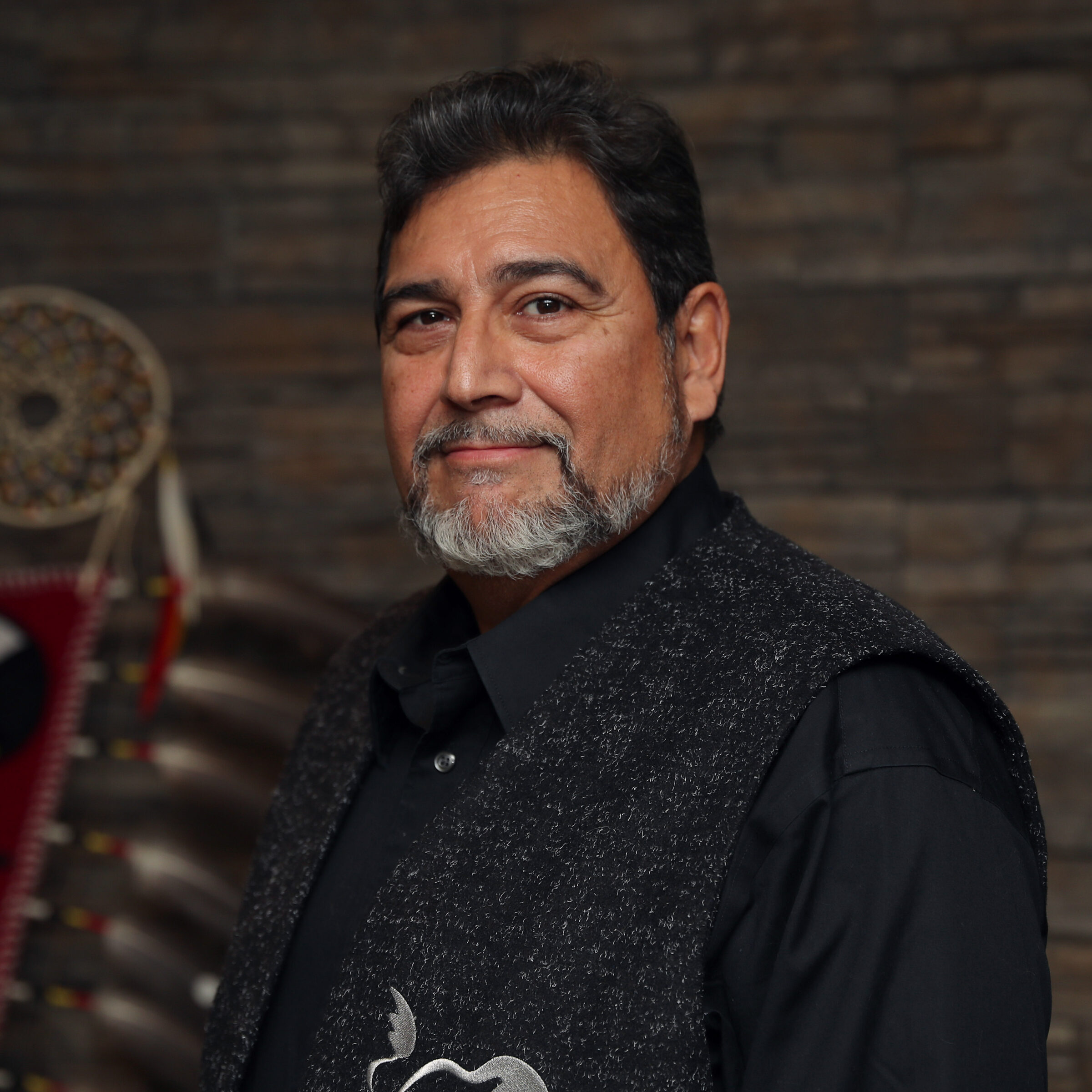
Allen Sutherland, Waabishki Mazinazoot Mishtaatim (White Spotted Horse), Anishinaabe, of the Bizhiw Doodem (Lynx Clan), Skownan First Nation, Treaty 2 Territory.
Allen Sutherland is the Life Long Learning Lodge Keeper, Government of First Nations Treaty 2 Territory. Allen is an independent consultant and provides facilitation and training under his company WHITE SPOTTED HORSE.
In 2014, he was the recipient of the Aboriginal Circle of Educators Researcher and/or Curriculum Development Award for developing the Canadian Indigenous Historical Timeline poster that is now used in the Treaty Kits of Treaty Relations Commission of Manitoba.
Allen is an Anishinaabek Traditional Knowledge Keeper, providing traditional ceremonies, teachings, spiritual advice, and healing.
Barbara Bruce
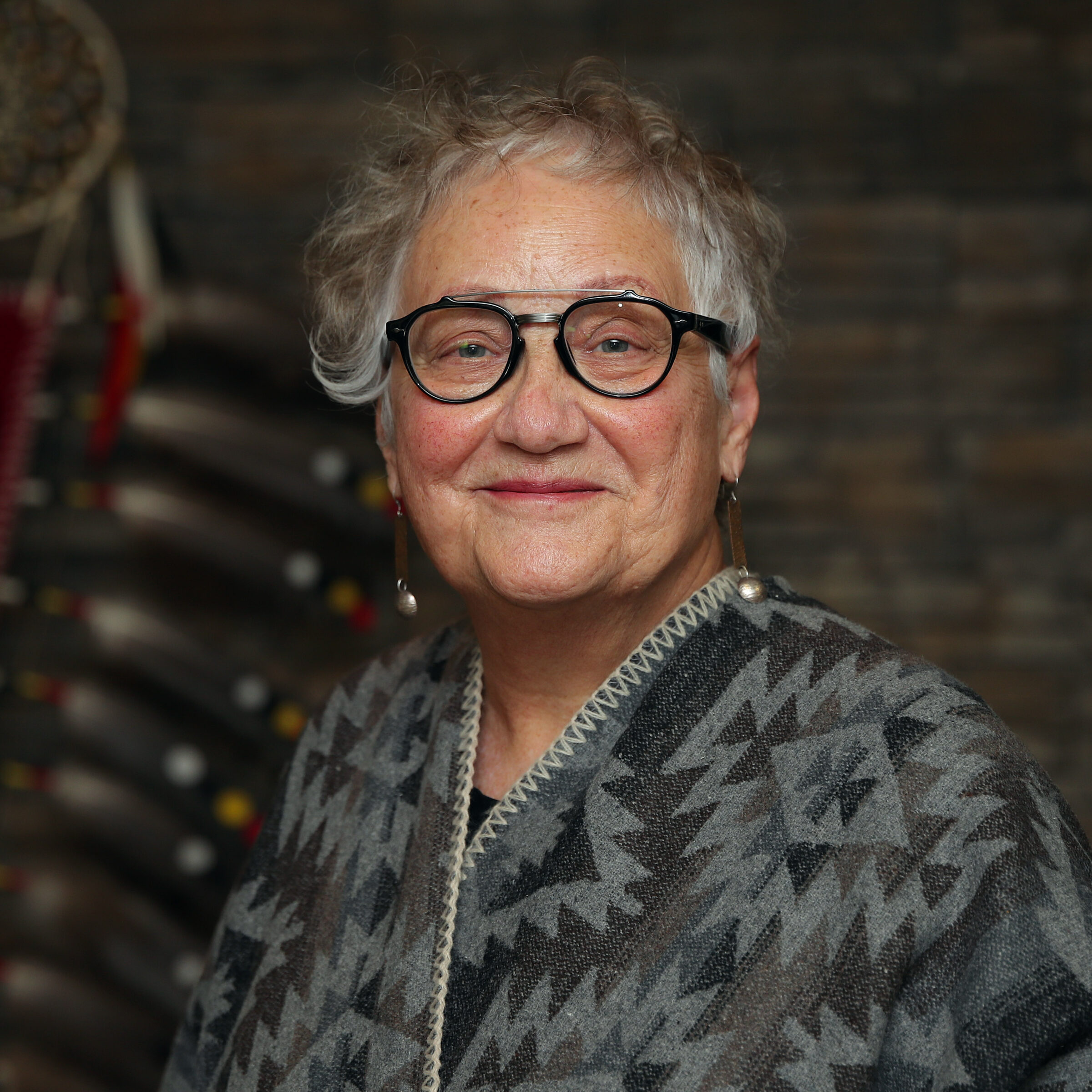
Barbara Bruce is a citizen of the Métis Nation – Michif aen Otipemisiwak, and Two-Spirit. Her beliefs of Métis and other Indigenous traditional teachings are reflected in her 35+ years of experience. Her dedication to advancing the rightful place of the Two Spirit community, Métis and other Indigenous women and children are an integral part of her life.
She has extensive networks and working relationships with the Métis Nation and other Indigenous and non-Indigenous leaders, organizations and governments across Canada. Her portfolio includes board appointments with the National Aboriginal Economic Development Board, the Manitoba Communities Economic Development Fund, the Canadian Council for Aboriginal Business, Top 40 Under 40, the University of Winnipeg Board of Regents and the Métis Child and Family Services Authority.
Barbara has received extensive recognition and honour for her work in cultural social justice and for her contribution to the wellbeing of Indigenous Peoples from many communities and organizations, like the Human Rights Commission of Manitoba, Sagkeeng First Nation, Keeping the Fires Burning with Ka Ni Kanichihk as a kookum, the Order of Manitoba as a 2018 inductee, and the Nellie McClung Foundation as one of the 150 Manitoba Women Trailblazers.
Albert McLeod
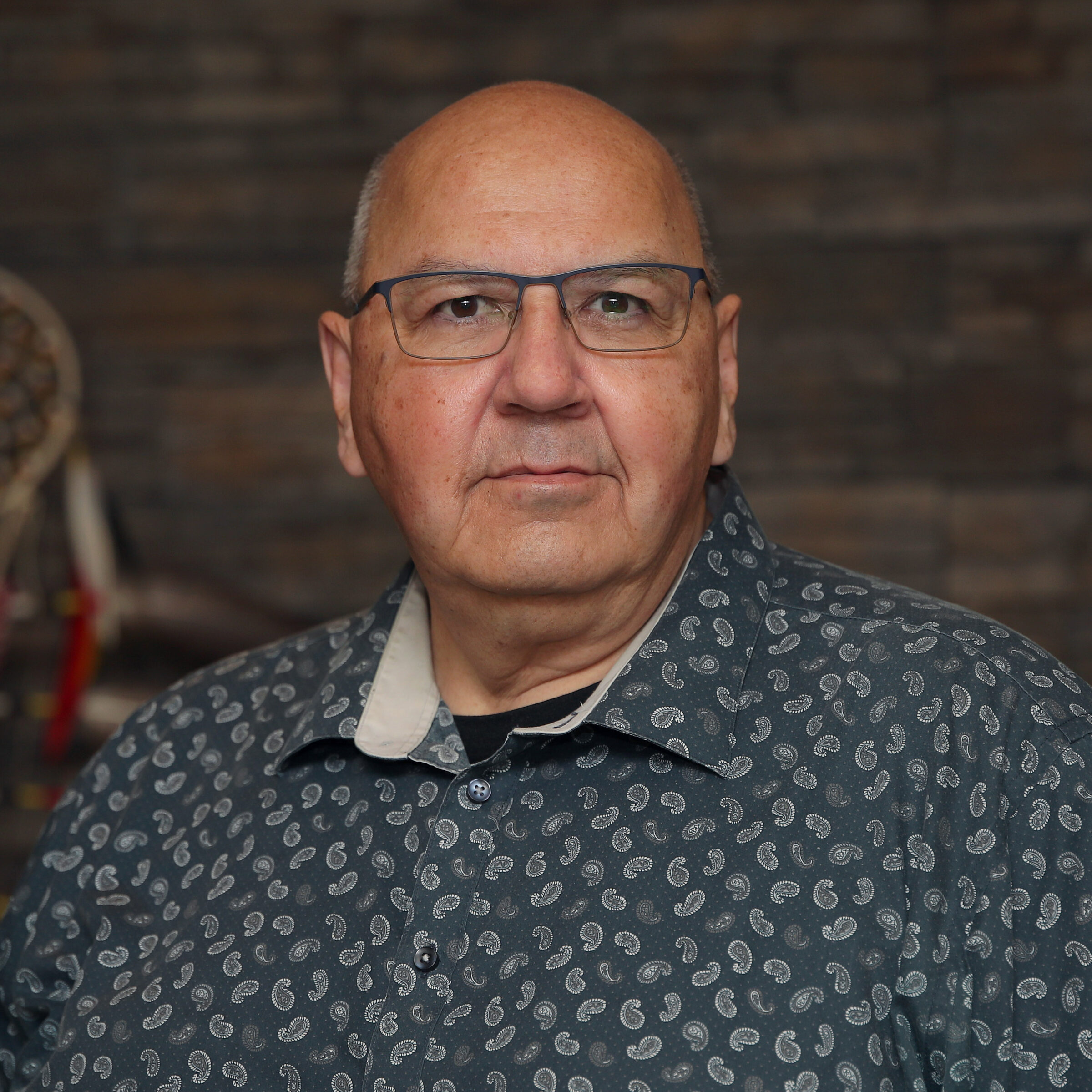
Albert McLeod is a Status Indian with ancestry from Nisichawayasihk Cree Nation and the Métis community of Norway House in northern Manitoba. He has 30+ years of experience as a human rights activist and is one of the directors of the Two-Spirited People of Manitoba.
Albert began his Two-Spirit advocacy in Winnipeg in 1986 and became an HIV/AIDS activist in 1987. He was the director of the Manitoba Aboriginal AIDS Task Force from 1991 to 2001. In 2018, Albert received an Honorary Doctorate of Laws from the University of Winnipeg.
Albert lives in Winnipeg where he works as a consultant specializing in Indigenous Peoples, cultural reclamation, and cross-cultural training.
Martha Peet
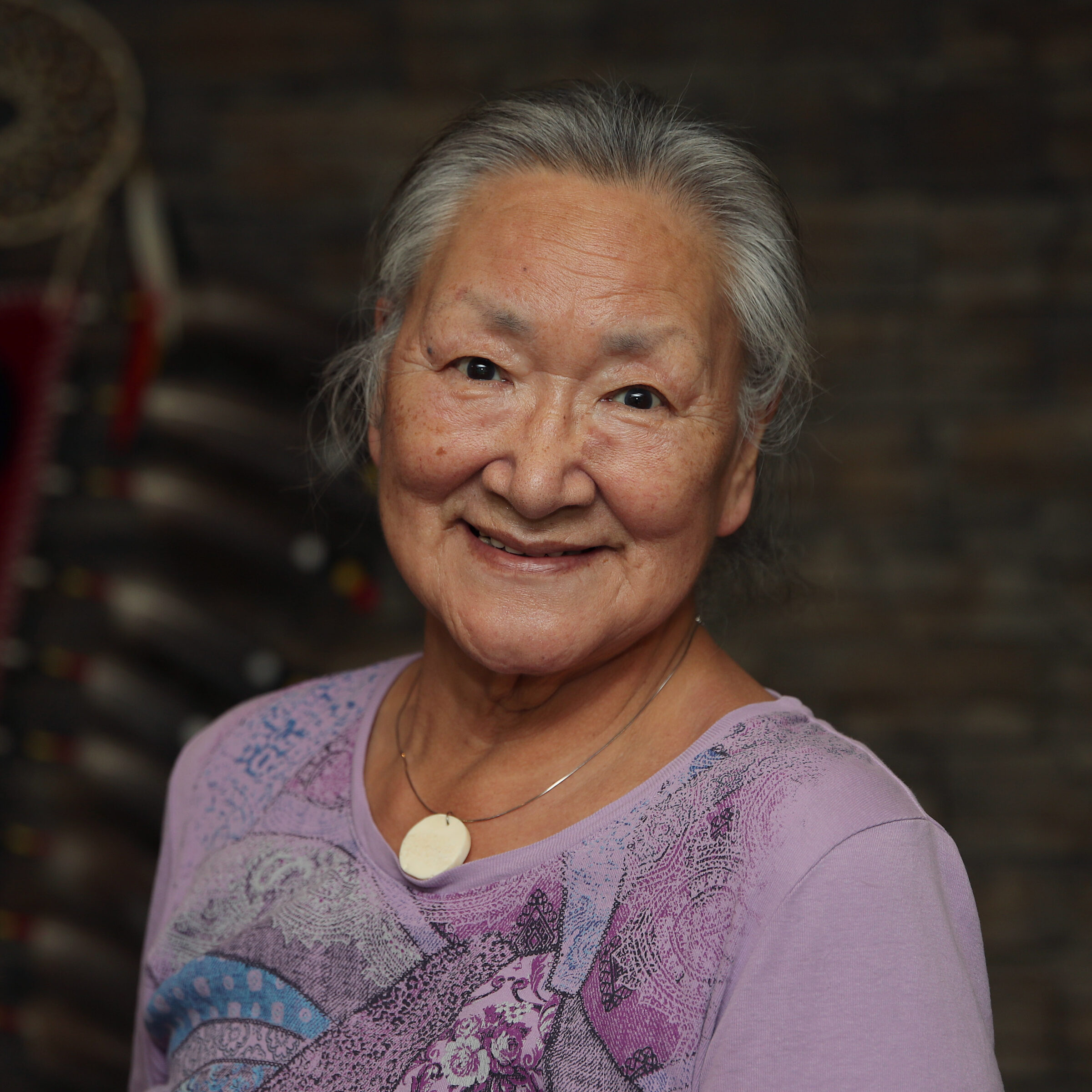
Martha Peet, Inuit Elder and storyteller from Taloyaok, Nunavut, believes that telling stories is about sharing her own experiences and the traditional Inuit way of life.
Taloyaok was founded in 1948 when the HBC established a trading post. Five nomadic families moved in, including hers. Peet was born in 1950.
“I was there from the beginning. I lived in an igloo in the winter and a tent in the summer. My job as a child was collecting cotton in the summer for the wick on the seal oil [soapstone] lamp, which was fueled by blubber. I always had chores. I carried water twice a day from the lake. I made bannock and tea. We boiled our meat—seal and caribou,” she says.
As a storyteller for over 30 years, Peet enjoys sharing stories about her life, where she is from, and the Inuit way of life of years ago including the importance of animals and traditions.
Janice Millar
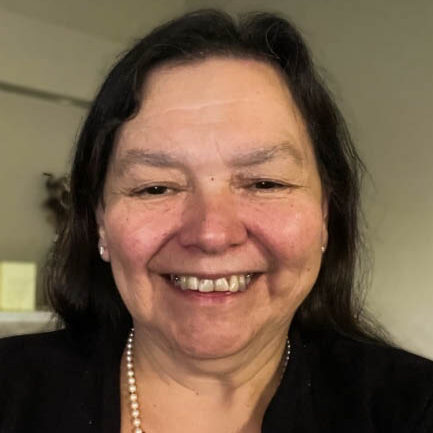
Janice Millar was born and raised in Winnipeg to an Inninew mother and Métis father, growing up with four sisters. Today, she’s a proud mother of five and grandmother of three.
Grandmother Janice received a Bachelor of Education and Post Baccalaureate in Counseling at the University of Manitoba. For 37 years, she worked at the Winnipeg School Division as a counselor and support for Indigenous students in addition to her work with teachers, vice principals, principals, directors and school board committee members. She has recently retired and continues her work in the community.
“The foundation of my work was to clear a path to build student success, with the end result of creating equitable learning environments for all students. I was schooled in Western Education—I was also schooled in Indigenous Education by the old people. I have recently joined the Indigenous Student Support Team at Red River College Polytech. I enjoy working with students here, and I am looking forward to this new journey and getting to know the students.”
Ivy Chaske
Ivy Chaske is a Dakota Koonshi, or Grandmother, that recently joined the Knowledge Keepers Council to offer her perspective on initiatives around the College.
We’re very excited to welcome Grandmother Ivy to the College and we’re looking forward to working with her.
